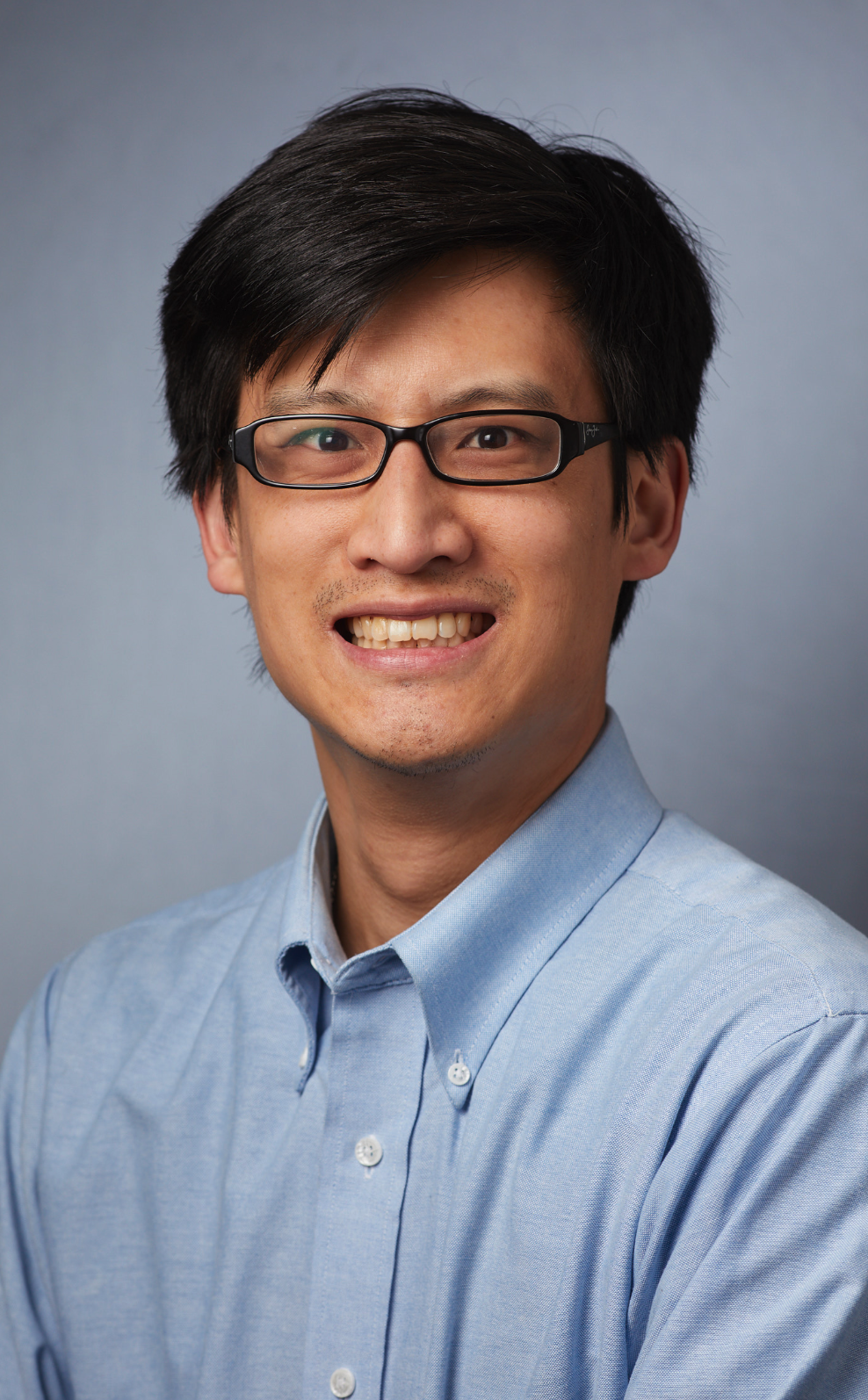Andrew Wang, MD/PhD, AB

I obtained my AB from Harvard University and my MD, PhD degrees in 2011 from University of Texas Southwestern with additional training done at the University of Paris. As a part of his MD/PhD training in the laboratories of Drs. Edward Wakeland and Chandra Mohan, I identified a key role for the CXCR4/SDF-1 axis in end-organ targeting (in mouse and man), an important insight in the pathogenesis of SLE. I then did my Internal Medicine internship and residency training at Yale and joined the ABIM Short Track Pathway into the Rheumatology fellowship.
I joined the laboratory of Dr. Ruslan Medzhitov in July 2014 for my postdoctoral training. There, based on my clinical experience as a house officer, I shifted my focus to understanding how inflammation and metabolism are coordinated on an organismal level. My work in Dr. Medzhitov's laboratory led to the discovery that different inflammatory states are coordinated with different metabolic programs, an important insight into the pathogenesis of many inflammatory diseases. I joined the faculty as Assistant Professor in Internal Medicine (Rheumatology) in August 2017 and the Immunobiology faculty in July 2019.
My lab is generally interested in trying to understand how the environment interacts with the host to affect disease trajectories. We utilize a broad range of techniques spanning disciplines spanning physiology, metabolism, inflammation, neurobiology, and immunology coupled with patient samples.
On-going interests:
1. Identifying and dissecting environmental determinants of inflammatory diseases.
2. Understanding inflammatory physiology
3. Understanding placebo and nocebo physiology.
4. Understanding the "moonlighting" functions of the immune system.
5. Understanding energy allocation in host defense. (Collaboration with Dr. Rachel Perry)
6. Understanding the relationship between cell death and inflammation. (Collaboration with Dr. Aaron Ring)
In the clinic, I see patients with inflammatory conditions, many of the times with no clear diagnosis, as well as patients with rheumatologic diseases.
